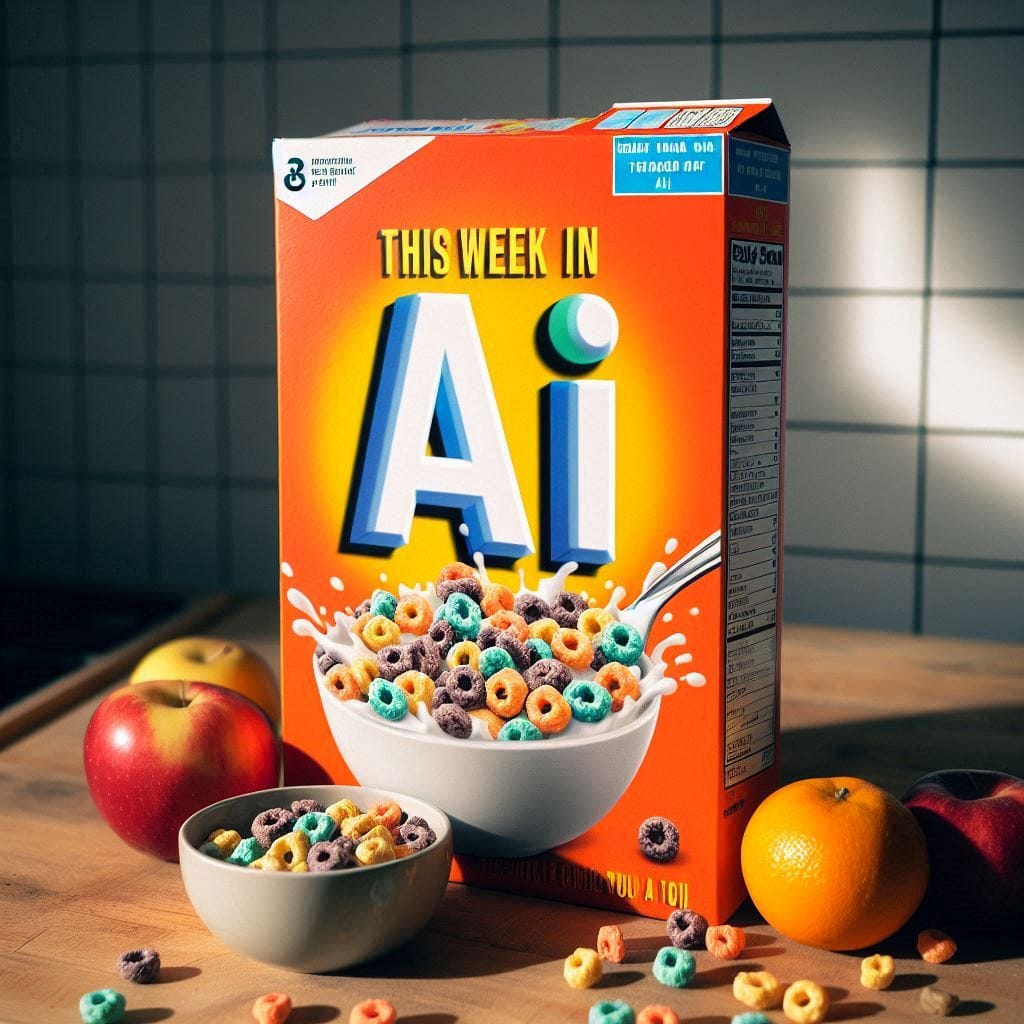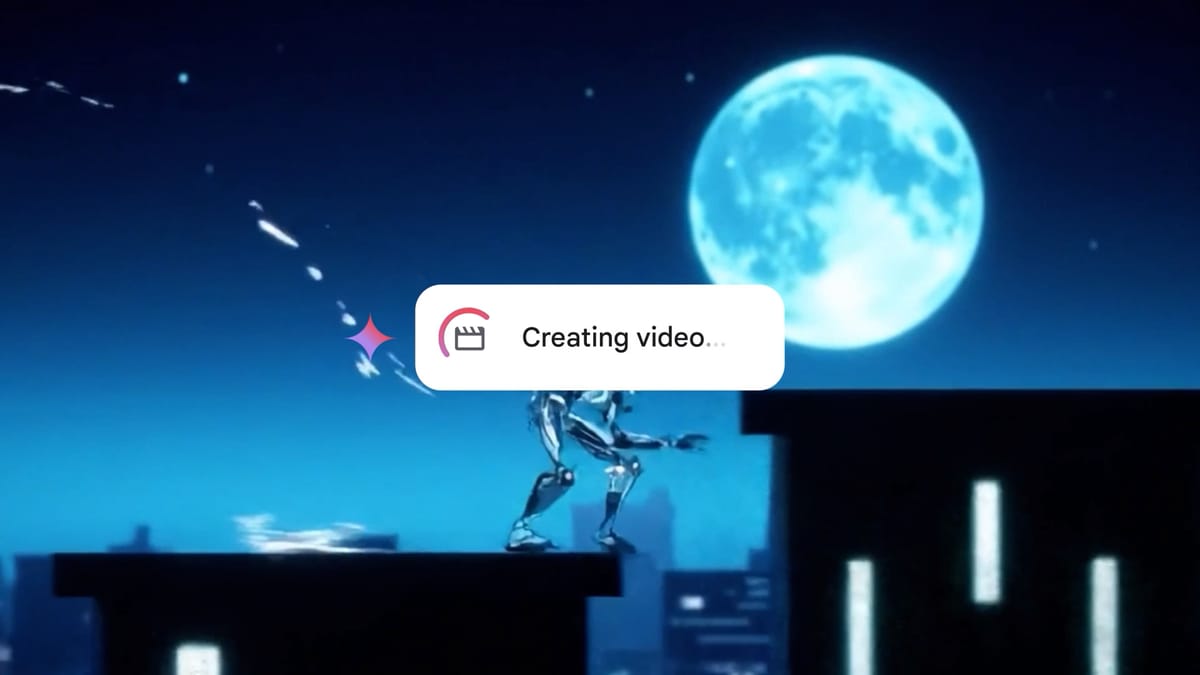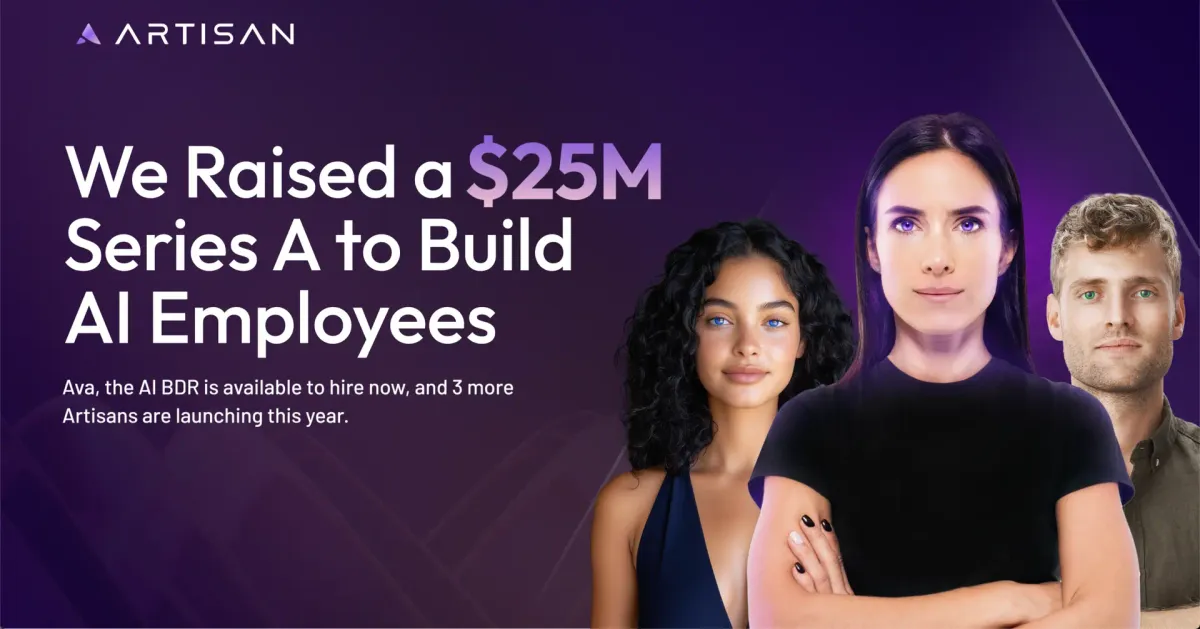Without a doubt, the highlight of the week was the AI Act's official coming into force on August 1, marking the start of a series of deadlines for the staggered enforcement of the obligations outlined for each risk category. More broadly, the increased involvement of governments and regulatory agencies is tangible, as for instance, the CMA launched a new invitation to comment on the partnership between Google and Anthropic, seeing that the latter received a substantial investment from the tech giant, and both parties have a standing arrangement that enables Anthropic to leverage the Google Cloud computing infrastructure.
Although regulations, laws, and investigations have been on the spotlight for some time, we are also starting to see a different kind of involvement, especially in the US, where government entities are outlining policy that is currently informative in character, but aims to serve as the foundation of existing and future laws and regulations on the matter, like President Biden's Executive Order on AI. This week, the National Telecommunications and Information Administration (NTIA) announced the publication of a report which examines risks and benefits specific to open weight models.
Laws and regulations aside, the flurry of generative AI keeps going, with many startups launching new models, updating them or even emerging from stealth with state-of-the-art models. Meta released the Segment Anything Model 2, which generalizes the approach of its predecessor to cover video and image-based object segmentation. Runway updated its offerings, and now supports image-to-video generation. The company also announced Gen-3 Alpha Turbo, a faster, more affordable version of the company's flagship video generation model.
OpenAI silently rolled out an alpha program to test a version of GPT-4o that supports an extended 64K output token window. The company also shared it is starting to roll out the Advanced Voice Mode for GPT-4o to a subset of the ChatGPT Plus user base. Google released three new members in the Gemma 2 family, with a focus on safe and responsible deployments.
Hedra emerged from stealth by introducing Character-1, which it claims is the fastest video generation model in the market, letting users generate longer, character-centric videos and allowing unprecedented expressive control over the generations. Finally, the creators of the original Stable Diffusion models have founded Black Forest Labs, which is launching with the release of the FLUX.1 suite of state-of-the-art image generation models.
More noteworthy headlines from this week:
dstack introduced Fleets, a new way to manage cloud and on-prem clusters: dstack has introduced Fleets, a new feature in version 0.18.7 and beyond, allowing AI engineers to define, provision, and manage cloud or on-premises clusters and instances easily, using YAML configuration files. Fleets can be used for running development environments, tasks, and services.
Galileo's LLM Hallucination Index crowned Claude 3.5 Sonnet as the best LLM for RAG: Galileo's latest LLM Hallucination Index evaluates 22 leading AI models for RAG tasks, revealing that open models are closing the performance gap, smaller models can be as capable as large ones, and awarding Anthropic's Claude 3.5 Sonnet the best overall model for RAG applications title.
Canva has acquired Leonardo.Ai to boost its AI research efforts and visual AI product offerings: Canva has acquired Leonardo.Ai, a leading generative AI company, to enhance its design AI capabilities and integrate advanced AI-generated visual content tools into its platform, aiming to revolutionize visual communication across various industries.
Perplexity AI announced its Publisher's Program: Perplexity AI has announced a Publisher's Program offering revenue-sharing and other benefits to partner publishers, amid controversy over its web scraping practices. Still, details of the revenue-sharing mechanism remain unclear and the company appears unlikely to stop its web scraping practices.
Meta is officially launching its AI Studio in the US: Meta has launched AI Studio, a platform built on Llama 3.1 that allows users to create, customize, and share AI characters across its apps, enabling anyone to develop personalized AIs for various purposes and allowing creators to extend their reach through AI-powered interactions with fans.
Sybill has raised an $11M Series A round to supercharge its AI assistant for salespeople: Sybill distinguishes itself in the AI-powered sales assistance market with its holistic, context-aware approach that leverages in-house developed models to analyze entire deal cycles and provide comprehensive insights to amplify human capabilities in B2B sales rather than replace them.
Healx secured $47M in Series C funding and revealed it obtained FDA clearance for a Phase 2 clinical trial: Healx, an AI-driven biotech company, has secured $47 million in Series C funding and FDA clearance for a Phase 2 clinical trial of its rare disease treatment HLX-1502, showcasing the potential of AI in accelerating drug discovery for underserved patient populations.
Key Character.AI employees including CEO Noam Shazeer will join Google as part of a new deal: Character.AI has partnered with Google, licensing its LLM technology while continuing to deliver personalized AI experiences. Key talent from Character.AI and its founders will join Google, as the company adapts to the evolving AI landscape and prepares for the next stage in its journey.
Google has introduced three new AI-powered features for Chrome desktop: Lens for visual search, Tab Compare for easier content comparison, and a conversational browsing history recall function. The new features enhance user experience and search capabilities within the browser.





Comments